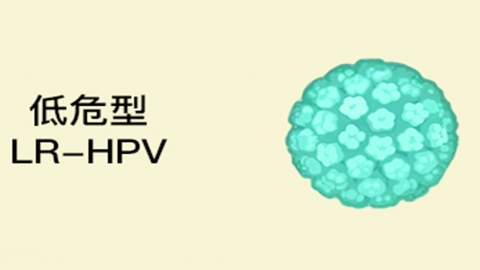Is a positive high-risk male HPV18 result serious?
Generally, the severity of high-risk HPV18 positivity in males should be determined based on whether it has caused cancerous changes or serious complications. If any discomfort occurs, it is recommended to promptly seek medical attention at a正规 hospital for diagnosis and treatment. The specific analysis is as follows:

If high-risk HPV18 positivity in males has not led to cancerous transformation and there are no severe complications—such as abnormal growths, ulcers, or pain in the genital or anal areas—and if examinations reveal no signs of precancerous lesions or early-stage cancer, the condition is relatively not severe. Most individuals can clear the virus naturally through their immune system within 1–2 years, and regular follow-up checkups are sufficient to monitor viral clearance and overall health status.
However, if high-risk HPV18 has already caused cancerous changes or serious complications—such as ulceration and bleeding at the affected site, recurrent infections, or pain significantly affecting daily life—the situation is more serious. Immediate targeted treatment is required in such cases; delaying intervention may lead to disease progression and negatively impact treatment outcomes and prognosis.
After being diagnosed with high-risk HPV18 positivity, individuals should promptly seek medical care to complete thorough examinations of the genital and anal regions, along with necessary tissue biopsies. Regular follow-up tests to monitor viral status and disease progression should be conducted according to the physician’s recommendations. Maintaining a regular sleep schedule, balanced diet, and moderate exercise can help enhance immunity and support viral clearance. Avoid unhygienic sexual practices, and ensure that sexual partners also undergo screening; joint treatment may be necessary when indicated to prevent cross-infection. Do not use unproven remedies on your own; always follow standardized medical guidance for diagnosis and treatment.










